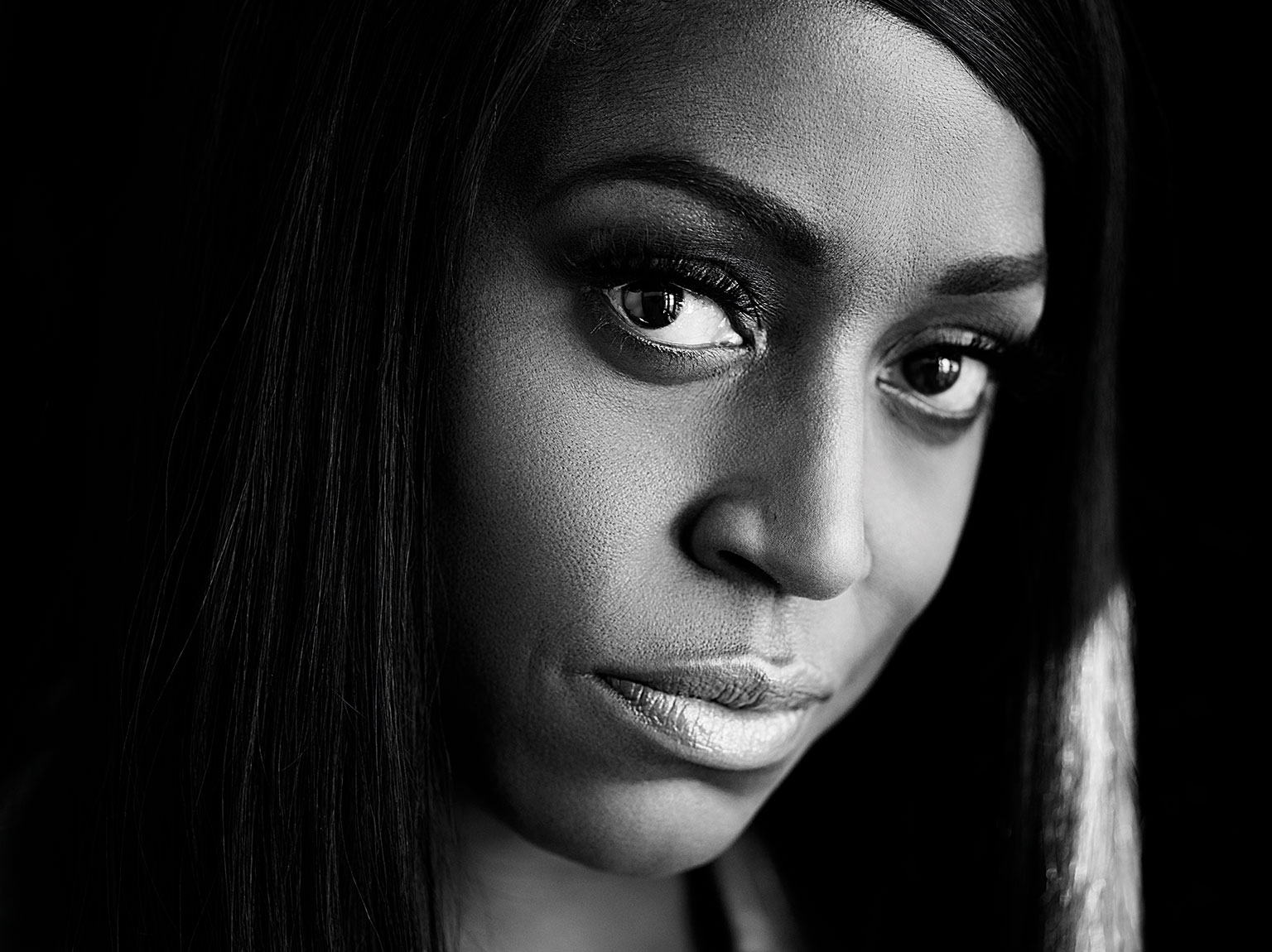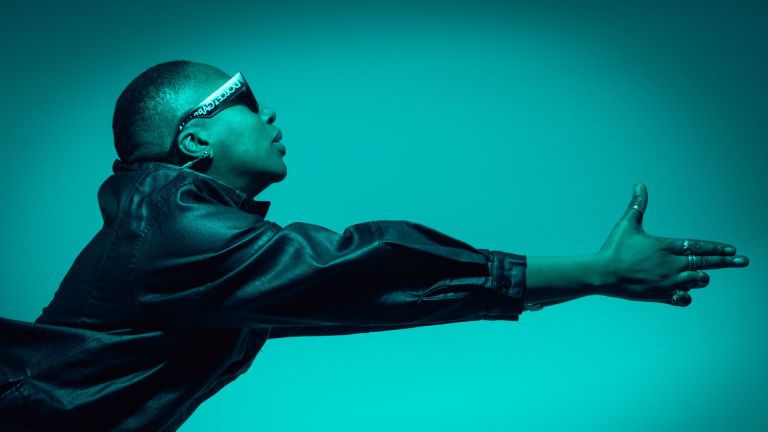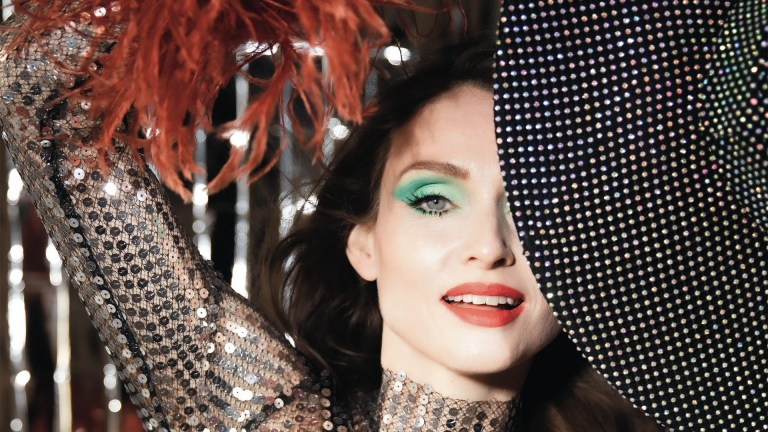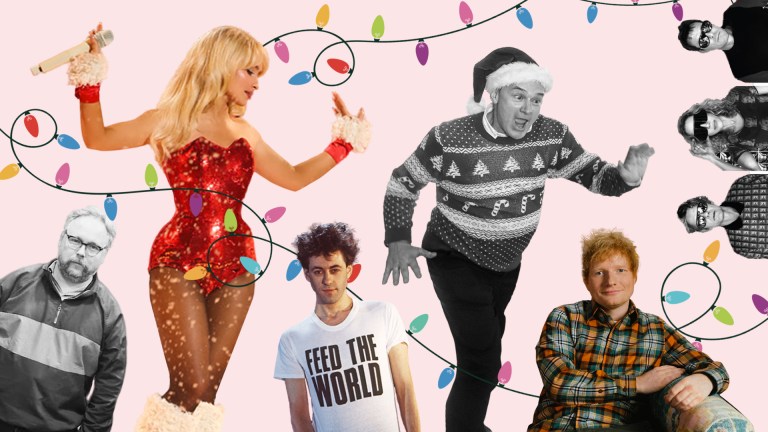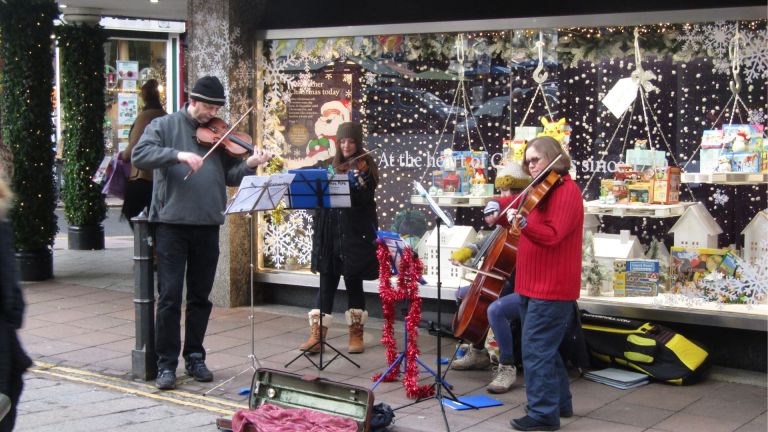My grandparents raised me in South London and I grew up in the church. I went seven days a week, it was very intense. So my childhood was full of lots of music and lots of Jesus. You say that to people and it sounds shocking. But actually it was really good. Pentecostal churches are very much community-based, and as I could sing I was the star of the church from a very early age. At every gospel concert, church service, I was called to sing. And I saw the amazed reaction of the people. Even at nine I knew if I held that note really long I was going to get that effect. That was my thing. When a kid sees that they’ve got a trick, a special something that keeps everyone glued to them, they’re going to want to do it again and again. So then I started to become quite popular in the Pentecostal church, which is a huge organisation. My grandmother and grandfather, they were just so proud of me. They used to take me all around the country.
I was very driven at 16. All my friends at school were getting pregnant, getting up to all sorts. And I remember thinking, oh my gosh, that’s the worst thing that could ever happen. My grandparents were very proud Jamaicans. They came over to the UK with the Windrush and they worked very hard to get us a five-bedroom Victorian house. They instilled in me, you never sign on, you must work. So being raised in that environment, with the church and all of that, my ethics were about having your independence and making your own money and not relying on anyone else. That was at odds with the kids that went to my school. Lots of them, their ambition was to sign on as fast as possible. Get that flat. Usually that meant having a kid, because if you had a kid you’d get a flat even quicker. That was the modus operandi for them, but for me that was just horror.
I left the church when I was 16, and my grandparents were mortified. It was a very, very tough struggle because remember I was the star of the church at that time. But in the years leading up to my leaving, my parents came to pick me up at weekends and my dad would play stuff in the car like Marvin Gaye and The Isley Brothers. And I thought, I have to change the music. I love gospel, it’s great, but I want to do that instead. So I’d been secretly listening to people like Marvin Gaye for years and then, oh my gosh, Prince came out. I had to hide his albums under my bed because they had women in G-strings on them. When I got to 16 I was already doing backing vocal sessions for bands and I was ready for a change in my life. I left the church and I moved to Brixton to live with my sister. My grandparents were traumatised.
Looking back, of course I was very selfish then, like every teenager. But I made peace with my grandparents many years ago. They were the most incredible people. When I was just 19 my first record [My One Temptation, 1988] blew up and everything went mental. I went to number seven in the charts, and my grandparents saw me on the telly. And they said, well, you know, she was right. Bless them, they used to wear my merch. They were so cute. They were just great people. People have always asked me, why didn’t you go down that mad route and mess up yourself? And it really was because of them. They were so terrified about what might happen to me in the music industry, I wanted to prove to them that you can be in this business and not be a car crash. You can actually survive this thing, though yeah, it is a bitch.
My first experience of even thinking about race was when I saw the TV show Roots, when I was about nine. We were all glued to it. But as a child, I just didn’t think about it much at all. Our family was very mixed. Jamaican people are very, very multicultural normally, because Caribbean countries are very mixed. At school there was a big mixture – Indian, Scottish, Irish, everybody. That’s multicultural Britain. So as a kid, I didn’t experience racism. But I have experienced it in my whole career. We’d have to sit here from now to June next year for me to tell you all the racist experiences I’ve had in my life. But I don’t believe in this victimisation thing, always talking about it, because that’s not constructive. I managed to forge a career regardless of those factors, which are very much in existence in every aspect of my industry.
